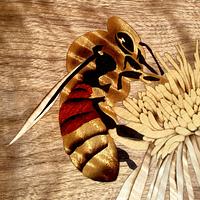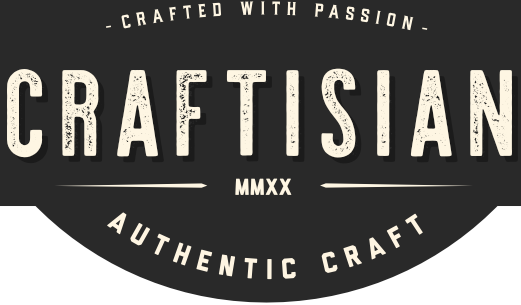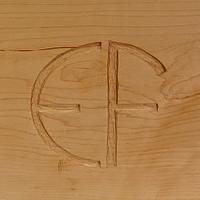Share your craft projects
Make new craft buddies
Ask craft questions
Blog your craft journey

shipwright
2135 posts
and
113 followers
in almost 12 years
in almost 12 years
Chevy II, The CanadianCousin #2: Operational but not "Finished"
This is
part 2
in a
5 part
series:
Chevy II, The CanadianCousin
-
Garry Oak Slabs to Basic Framework
-
Operational but not "Finished"
-
New Blade Clamps
...
- Garry Oak Slabs to Basic Framework
- Operational but not "Finished"
- New Blade Clamps
...
Chevy II is now a working chevalet de marqueterie, but she's not "finished". The next week's schedule will be something like: Put a coat of finish on the chevalet in the warm room. Leave it be and work on getting my boat ready for the rest of the day. Repeat.
The actual building of one of these has all been covered so I'll try to stick to upgrades and improvements.
The first photo shows the rebates I made in the vertical adjusting end of the carriage base. This is a much cleaner way of accomplishing the task of keeping the end piece aligned than the way I did the first one.When I did Chevy I it was an afterthought and it looks like it. The other end is similar except of course the rebates are horizontal.

These are the corresponding rebates in the end pieces.

Here is the horizontal adjuster in place. The adjuster allows for 1 1/2" of adjustment. If this one is anything like Chevy I, it will only need a millimeter or two.

This photo shows the greatest advance of all. I had a Homer Simpson moment (Doohhh!) and realized that after all the trouble I had gone to to make the bearings align on Chevy I, I hadn't really clicked on self aligning bearings… and the sad thing is that I've used them before and knew about them. These ones are from igus Inc. and cost around $5 each. The photo shows how simple and clean the tumbler assembly becomes when they are used.

Here is the tumbler in place. There's no need to thread anything. The clamping by the 1/4" bolt is all you need.

In this photo I've purposely misaligned the bearing mount badly. It makes no functional difference. the movement is absolutely effortless. This is the most critical assembly in the entire build and these bearings guarantee success no matter how badly (within reason) you make the tumblers.

The foot operated clamping system is unchanged except that I turned some Wenge wheels instead of HF caster wheels and threw a little Paduk in for color. The tumblers are Paduk as well.

This one shows the "business" of the saw. The saw frame is Bubinga left over from "Facets". If you're observant and have been following you may notice that the "knob" handle is absent. It's the only part that I haven't made yet, but it's really just an ornament anyway. I have some Cocobolo…..... The jaw inserts are Arbutus and I haven't hinged the moving one this time. I don't think it needs to be. You may notice a small strip of Paduk outlining the vee in the movable jaw insert. It is there to concentrate the clamping pressure only at the vee.

This last one shows the adjustment of the saw frame support. It's done with thumb screws and barrel nuts.

So that's it. Ill post the build as a project when it is presentable.
It is worth noting that it seems to take about 40 hours to build one of these regardless of whether you have a shop full of top line stand alone tools or a ShopSmith 510 with a bunch of special purpose tools to fit. In the final analysis I'd say that "all those tool changeovers" probably amount to less than an hour in the whole scheme of things. I really love my shop full of tools here at home but you really have to respect what can be done with a SS.
Tomorrow I Golf.
Thanks for being interested.
Paul
The early bird gets the worm but its the second mouse that gets the cheese.
2 Comments
I have an old 500 Model and use it to complement the other tools in the shop.
Main Street to the Mountains
I have an old 500 Model and use it to complement the other tools in the shop
Before we sold our winter place in Az I had upgraded my 510 to a full PowerPro Mk 7. I still miss that thing. It was awesome.
The early bird gets the worm but its the second mouse that gets the cheese.









